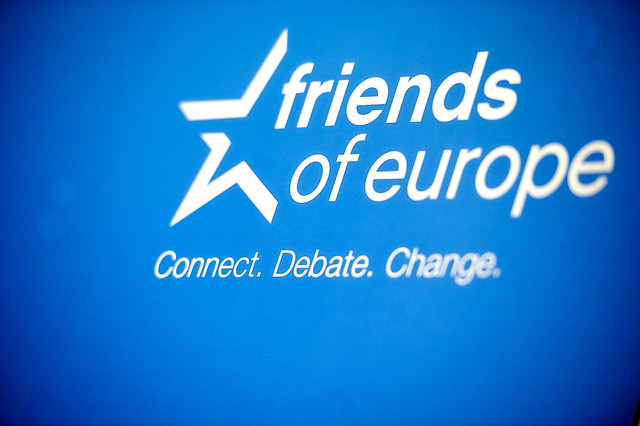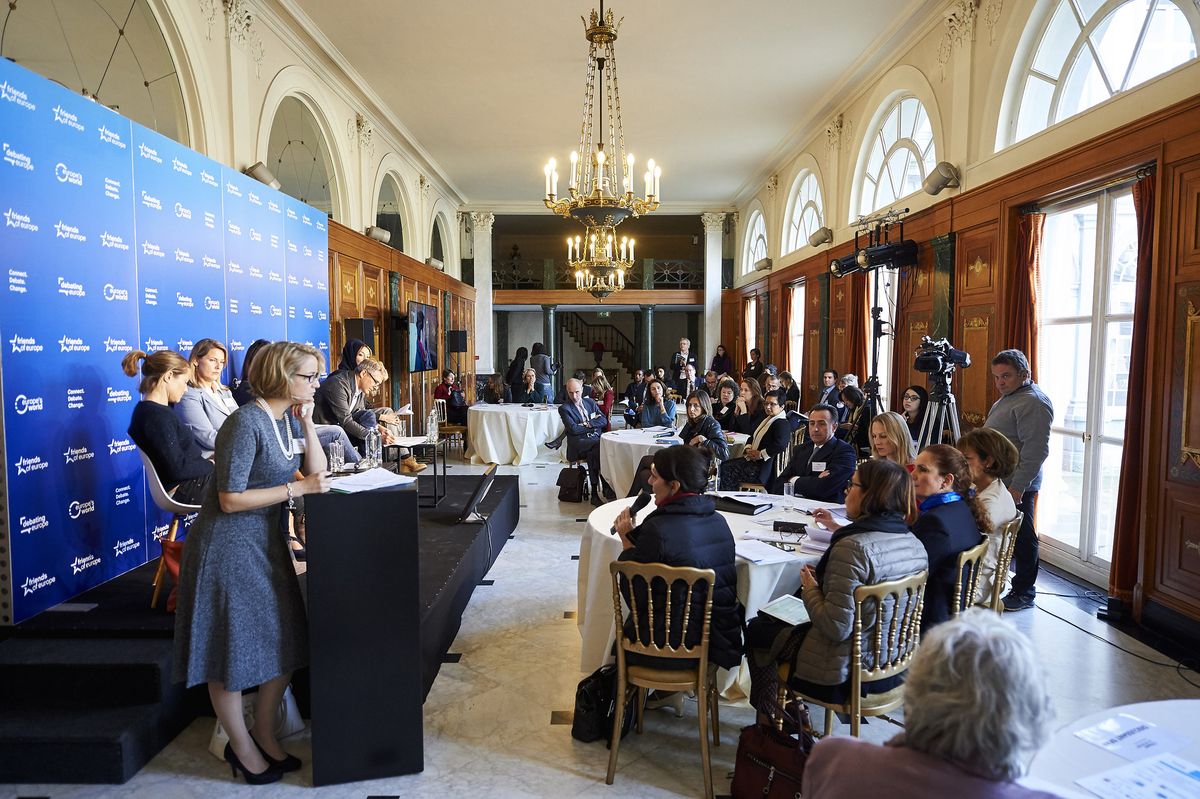
Summary
Britain’s referendum vote to leave the European Union has delivered a profound shock to the continent. The looming departure of one of the EU’s strongest economic, diplomatic and military powers has raised doubts about the very survival of a Union already divided over management of the eurozone, the economy and the refugee crisis. Europe’s political certainties are questioned by the rise of populist forces both within and without – the external challenges including Russian belligerence, Middle Eastern turmoil, a truculent Turkey and Trumpism in the United States.
To address this toxic mix, Friends of Europe’s annual high-level roundtable gathered more than 200 influential figures. Their aim was to seek ways for Europe to move forward from the current morass. They looked at how to end infighting, so the remaining 27 EU member states can confront Europe’s raft of problems and present a united position on Brexit. Topics in the sessions ranged from Europe’s role in a fast-changing world, to finding the right economic models, to the impact of migration. However, the urgency of confronting the new wave of nationalist, protectionist and populist politics dominated much of the debate.
A key thread emerged on need to tackle both the immediate threats posed by populism and the root causes of voter discontent that have allowed populists to thrive. The first, delegates argued, involves building on Europe’s strengths, forging greater resolve among the defenders of Europe’s democracy and using pro-active communications to recapture the initiative from ‘post-truth’ politicians who present simple, populist ‘solutions’. The second requires longer-term action to spur growth in the European economy while avoiding social tensions between the winners and losers of technological advances and open markets.
Social inclusion must be a priority. Migration – including intra-EU labour movement – must be managed to avoid rifts between incoming and native communities. Crisis breeds opportunity: the current shocks to the system can be used to spur reforms that make the EU more transparent and accountable. Mainstream politicians need to re-connect with citizens – in particular young people. And Europe needs to build on its strengths as a motor of innovation, a driving force in the fight against global warming and the world’s biggest provider of development assistance.
About
Europe has never simultaneously faced so many challenges. Brexit, the eurozone crises, sluggish economic growth, high unemployment and immigration along with social inequality weigh heavy on Europe’s future. Terror attacks have spotlighted the dangers of violent radicalisation. These developments come against a background of technological innovation that, from a competition viewpoint, is too slow, but in social terms others see as too fast.
Technological progress is mostly empowering and positive. But although it boosts innovation it can also be disruptive to labour markets, health and social systems. Other challenges include calls for a re-think of the EU’s democratic mechanisms and the future of foreign policy and new and old security threats.
This 13th ‘State of Europe’ high-level roundtable will discuss the risks and the opportunities of disruptive change in four areas: economic models, social integration, leadership and geopolitics. It will look at Europe’s resilience in the increasingly turbulent, unpredictable and volatile domestic and global environments.
Schedule
From Brexit to the US presidentials, from China’s slowdown to the problems of the global economy, change is accelerating. Both the pace of technological and digital advances are driving this change while also creating a force of disruption, throwing predictability and experience out of the window.
Chairs
Etienne Davignon
President of Friends of Europe, Belgian Minister of State and former European commission vice-president
Introductory remarks
Eric Labaye
Nicklas Lundblad
Senior Director and Head of EMEA Public Policy at Google, Adjunct Professor of Innovation at the KTH Royal Institute of Technology and Author of three books on information technology
Annalisa Piras
Journalist, Film Director of ‘The Great European Disaster Movie’ and Founder and Director of The Wake Up Foundation
Moderator
Dharmendra Kanani
Chief Operating Officer and Chief Spokesperson of Friends of Europe
BREXIT AND THE EUROPEAN LEADERSHIP
- The EU’s legitimacy and accountability: the search quickens
- Referenda and parliamentary democracies: voters, 24-hour news and social media
- Europe’s “new leaders”: Populists, left and right extremists and illiberal democrats
Chairs
Jaap de Hoop Scheffer
Chair of Clingendael Institute, Dutch Minister of State, former NATO secretary general, former Dutch foreign minister, and Trustee of Friends of Europe
Guillaume Liegey
CEO of eXplain and 2014 European Young Leader (EYL40)
Introductory discussants
Douglas Carswell
First Elected Member of Parliament for the UK Independence Party (UKIP)
Fiona Hyslop
Moderator
Dr. Kirsty Hughes
Associate Fellow at Friends of Europe
BUILDING TRUST BETWEEN COMMUNITIES
- Migration is not a burden but an asset in an ageing Europe desperate for skilled labour and tax payers
- Ensuring disadvantaged communities are not bypassed by policymakers
- Education to counter youth disenchantment and violent extremism
Chairs
Julian King
European Commissioner for the Security Union
Zakia Khattabi
Belgian Minister for Climate, Environment and Sustainable Development and 2013 European Young Leader (EYL40)
Introductory discussants
Malika Hamidi
Director General of the European Muslim Network, Doctor of Sociology from the École des Hautes Études en Sciences Sociales (EHESS) and Author
Jérôme Oberreit
Secretary General of Médecins Sans Frontières (MSF)
Anneleen Van Bossuyt
Member of the European Parliament and of the New Flemish Alliance (N-VA)
Moderator
Pauline Massart
Former Deputy Director for Security and Geopolitics at Friends of Europe and Vice-President of WIIS - Women in International Security, Brussels
OLD EUROPE’S NEW WORLD
- Europe’s response to its troubled neighbourhood, Asia’s rise and inward-looking America
- Global governance to meet new financial, trade and security demands
- Agenda 2030’s new Sustainable Development Goals (SDGs): finding the cash and the commitment
Chairs
Stefano Manservisi
Special Advisor to the European Commissioner for Economic Affairs and AVSI Board Member
André Loesekrug-Pietri
Chairman and Scientific Director of the Joint European Disruptive Initiative (JEDI) and 2013 European Young Leader (EYL40)
Introductory discussants
Wided Bouchamaoui
2015 Nobel Peace Prize laureate and President of the Tunisian UTICA
Kevin Rudd
President of the Asian Society Policy Institute (ASPI) and Prime Minister of Australia (2007-2010, 2013)
Moderator
Shada Islam
Managing Director at New Horizons Project
SUSTAINABLE ECONOMIC MODELS
- Finding trade-offs between health, ageing, wellbeing and wealth creation
- Reducing the gap between the haves and the have-nots
- Reconciling sustainable development with business opportunities
Chairs
Jyrki Katainen
President of The Finnish Innovation Fund Sitra, former Finnish prime minister and former European Commission vice-president
Alberto Alemanno
Jean Monnet Professor in EU Law at HEC Paris, Founder of The Good Lobby, Trustee of Friends of Europe and 2014 European Young Leader (EYL40)
Introductory discussants
David Khougazian
President and CEO of Sanofi Pasteur MSD
Antoine Levy
PhD Candidate in Economics at the Massachusetts Institute of Technology (MIT)
Cihan Sultanoglu
UN Assistant Secretary General and UNDP Director for Europe
Moderator
Tamsin Rose
Facilitator
How do we fall in love with the idea of Europe as a political, social and economic force for good? These sessions will provide an opportunity to generate ideas and new thinking, enabling a different type of engagement in a format that stimulates the discussion of ideas on this key question.
Introductory remarks by
Giles Merritt
Founder of Friends of Europe
Table 1 with
Androulla Vassiliou
EU Commissioner for Education, Culture and Youth (2010-2014) and former Trustee of Friends of Europe
Dawood Azami
Multi-Media Editor (News and Current Affairs) at BBC World Service and 2012 European Young Leader (EYL40)
Table 2 with
Bertie Ahern
Former Taoiseach of Ireland
Jane Burston
Executive Director of the Clean Air Fund and 2015-2016 European Young Leader (EYL40)
Table 3 with
John Dalhuisen
Regional Director for Europe and Central Asia at Amnesty International
Eva Kaili
Vice-President of the European Parliament
Table 4 with
László Andor
Secretary-General of the Foundation for European Progressive Studies (FEPS), former European commissioner for employment, social affairs and inclusion, and Trustee of Friends of Europe
Lindsey Nefesh-Clarke
Founder & Managing Director of Women's Worldwide Web (W4), Senior Fellow for Women, Peace and Security at Friends of Europe and 2012 European Young Leader (EYL40)
Table 5 with
Štefan Füle
Former special envoy to the OSCE and the Western Balkans, former EU commissioner for European Neighbourhood and Enlargement Negotiations, and Trustee of Friends of Europe
Jon Worth
Political Blogger and Campaigner, #CrossBorderRail Project and 2012 European Young Leader (EYL40)
Table 6 with
Jean-Pascal van Ypersele
Professor of Climatology and Environmental Sciences at the Université catholique de Louvain (UCL) and Vice Chair of the UN Intergovernmental Panel on Climate Change (IPCC) (2008-2015)
Sony Kapoor
CEO of the Nordic Institute for Finance, Technology & Sustainability, Professor at the European University Institute (EUI), 2014 European Young Leader (EYL40) and Trustee of Friends of Europe
Table 7 with
Raimundas Karoblis
Lithuanian Minister of Defence
Ricardo Baptista Leite
CEO of HealthAI, the Global Agency for Responsible AI in Health, President of ‘UNITE Parliamentarians Network for Global Health’ and 2015-2016 European Young Leader (EYL40)
Table 8 with
Silvana Koch-Mehrin
Founder and President of Women Political Leaders (WPL)
Michael Printzos
Director of Programming at the Hellenic Initiative and 2015-2016 European Young Leader (EYL40)
Followed by reactions and a debate on 'political engagement and leadership: what prospects for the next generation', with:
Mario Monti
Former Italian prime minister and Trustee of Friends of Europe
Warda El-Kaddouri
UN Youth Delegate to the General Assembly and Columnist at MO*
Etienne Davignon
President of Friends of Europe, Belgian Minister of State and former European commission vice-president
Rabab Hammiche
Citizens are losing trust in politicians, democratic institutions and the mainstream media. But recent referendums and elections suggest people are becoming increasingly engaged in new forms of political debate. This session brings together different generations to discuss whether and how this new-found political engagement can be harnessed and what it means for European democracy. Are political institutions in the EU and elsewhere fit for the 21st century? Does new technology and greater transparency mean an end to traditional political leadership? Can a new generation of leaders maintain popular support while taking tough and potentially unpopular decisions?
Moderated by
Tamsin Rose
Facilitator
Speakers
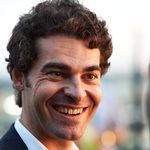
Jean Monnet Professor in EU Law at HEC Paris, Founder of The Good Lobby, Trustee of Friends of Europe and 2014 European Young Leader (EYL40)
Alberto Alemanno is a leading voice on the democratization of the European Union. He’s currently the Jean Monnet Professor in EU Law at HEC Paris and visiting professor at the College of Europe in Bruges and at the University of Tokyo School of Public Policy. His research has been centred on how the law may be used to improve people’s lives, in particular through the adoption of power-shifting reforms countering social, economic, and political inequalities within European societies and beyond. He is a regular contributor to Le Monde, Bloomberg, Politico Europe, Forbes, and Il Sole 24 Ore, and his scholarly work has been featured in The Economist, The New York Times, The Financial Times, as well as Science and Nature.
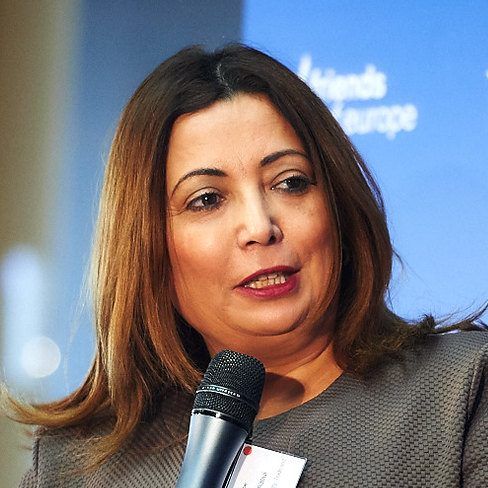
2015 Nobel Peace Prize laureate and President of the Tunisian UTICA
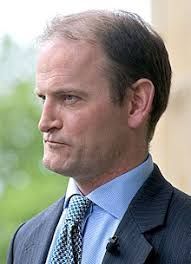
First Elected Member of Parliament for the UK Independence Party (UKIP)
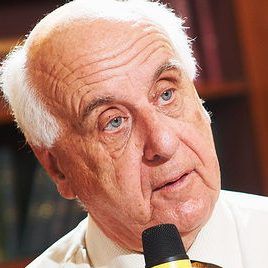
President of Friends of Europe, Belgian Minister of State and former European commission vice-president
Etienne (Stevy) Davignon is one of the few statesmen in Europe who has been actively involved in EU affairs from the beginning, from his early role as Chief of Staff to Paul-Henri Spaak to today. He has held high-level positions in both the public and private sectors, including as Vice-President of the European Commission, President of the Société Générale de Belgique, first President of the International Energy Agency and through various board mandates.
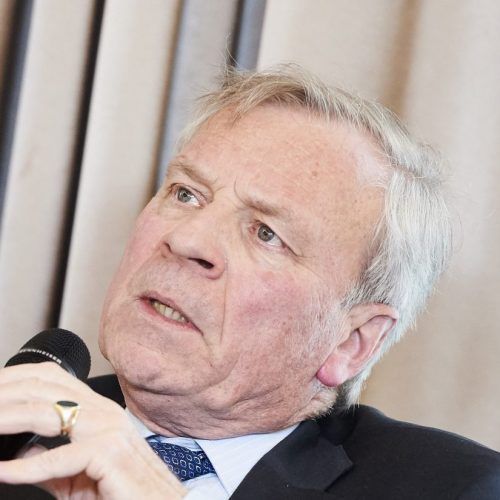
Chair of Clingendael Institute, Dutch Minister of State, former NATO secretary general, former Dutch foreign minister, and Trustee of Friends of Europe
Jaap de Hoop Scheffer is a Dutch politician who notably served as the 11th Secretary-General of NATO. He also previously worked for the Ministry of Foreign Affairs and the Dutch delegation of the NATO headquarters in Brussels. He now works as President of the Advisory Council on International Affairs (AIV) of the Netherlands, an independent body which advises government and parliament on foreign policy. Furthermore, he was appointed to the Pieter Kooijmans Chair for Peace, Law and Security at Leiden University.
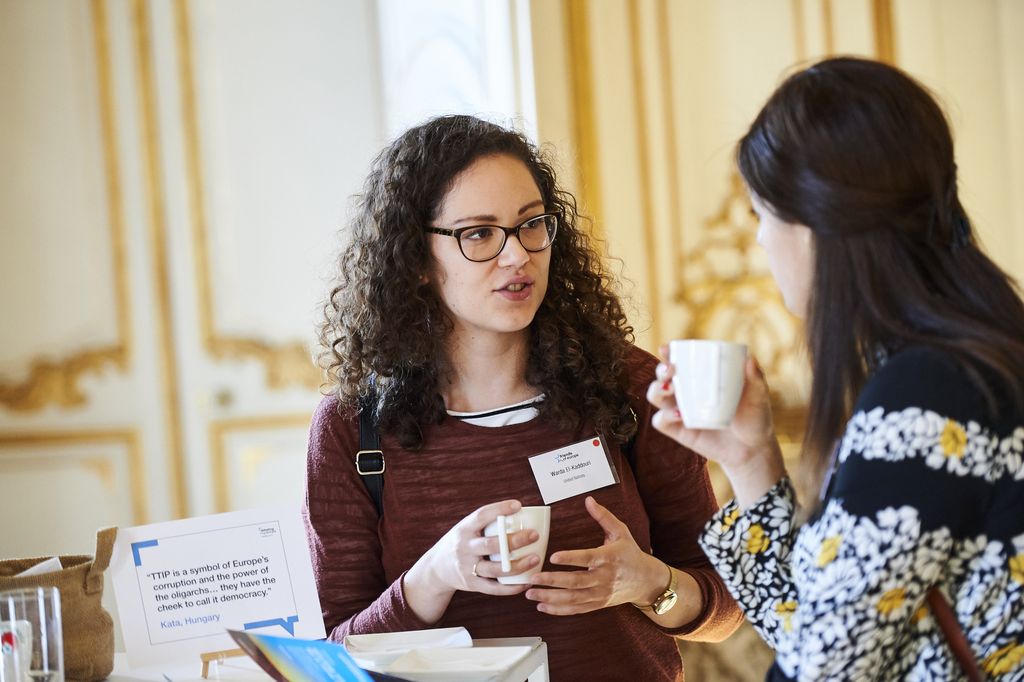
UN Youth Delegate to the General Assembly and Columnist at MO*
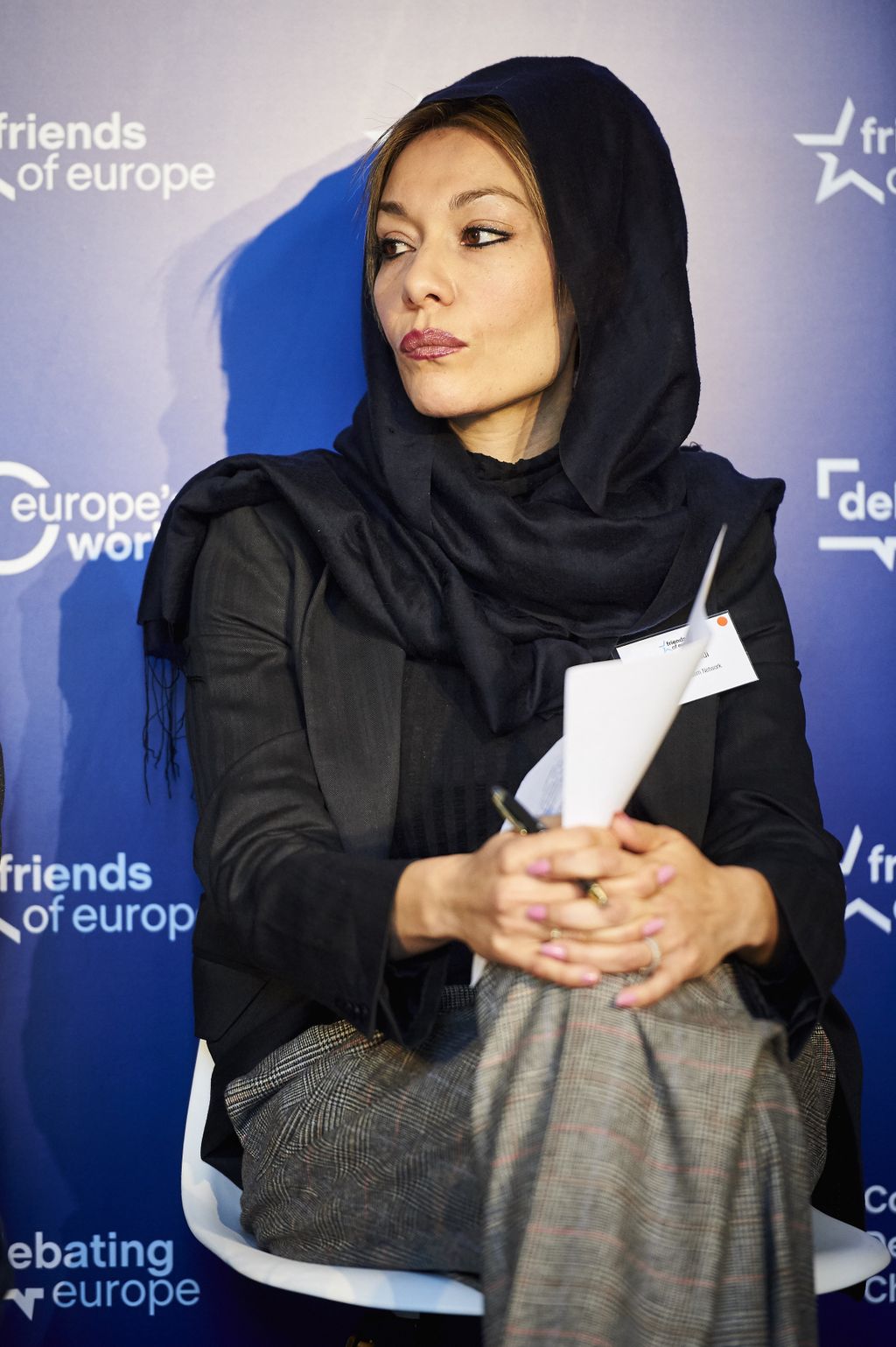
Director General of the European Muslim Network, Doctor of Sociology from the École des Hautes Études en Sciences Sociales (EHESS) and Author

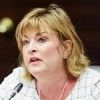
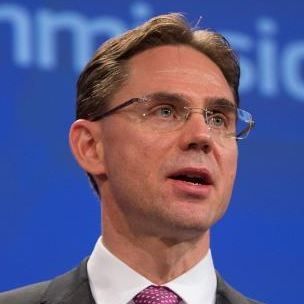
President of The Finnish Innovation Fund Sitra, former Finnish prime minister and former European Commission vice-president
His main objective as Sitra President is to be able to generate new ideas to aid decision-makers in society and private companies, and to try and test new operating models. He has a special interest in transforming the market economy so that it complies with the principles of circular economy and sustainability.
Katainen’s career has been focused on analysing change in society, searching for solutions and making decisions. Before his appointment as President of Sitra, Katainen was European Commission Vice-President for Jobs, Growth, Investment and Competitiveness. Prior to that, he has held the positions of Prime Minister of Finland and Finance Minister. During his 15 years as a Member of the Finnish Parliament he was Chair of the Committee for the Future, among other appointments.
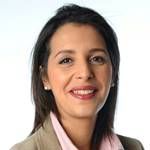
Belgian Minister for Climate, Environment and Sustainable Development and 2013 European Young Leader (EYL40)
Zakia is President of the Green Party of the Belgian Senate, Senator for the French Community Parliament and Vice President of the Senate’s Justice Commission. She is a member of the PCF & PRB parties. Zakia has an extensive background in politics and project management and has comprehensive experience as a researcher in social issues. She holds a Social Studies degree from the ISFSC in Brussels as well as several other academic diplomas in public management, project management and solidarity studies. Zakia is an avid supporter of anti-racist movements and women’s rights and is a founding member of the Arab Women Solidarity Association and a member of the French Women’s Council in Belgium.
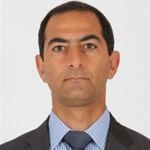
President and CEO of Sanofi Pasteur MSD
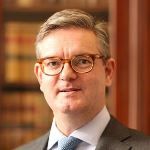
European Commissioner for the Security Union
Julian King was appointed to his current role in 2016 in the aftermath of the UK’s decision to leave the EU. King has previously served as a British Ambassador to France and Ireland, and held the position of Director General of the Northern Ireland Office. As a Commissioner, he has been responsible for steering the EU’s anti-terrorism strategy, building a sustainable Security Union, and strengthening the common response to further security threats such as organised crime, radicalisation, terrorist propaganda and cybercrime.

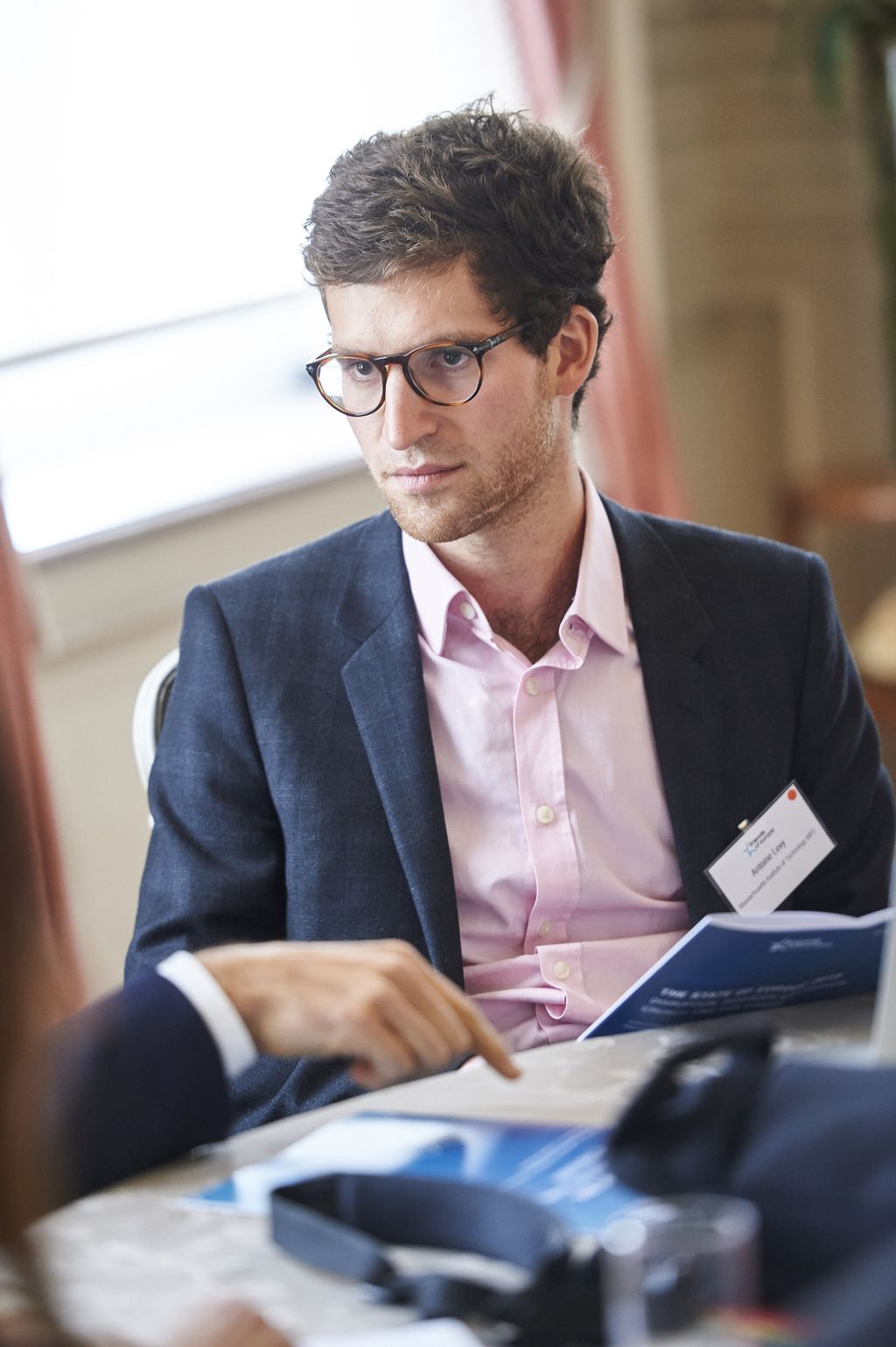
PhD Candidate in Economics at the Massachusetts Institute of Technology (MIT)

CEO of eXplain and 2014 European Young Leader (EYL40)
Guillaume is an expert in electoral strategy. He began his career in Beijing before joining the consulting firm McKinsey & Co. for 4 years in France and in the United States. In 2012, he joined the French presidential campaign team of François Hollande, in which he oversaw the field campaign strategy to reach out to 5 million households, led the rollout of the campaign in 30 departments and coordinated the communication strategy. He then co-founded a political strategy firm Liegey Muller Pons to help other European political parties improve the way they run their election campaigns and engage with citizens before and after the polls. Guillaume is the co-author of Porte-à-porte, Reconquérir la démocratie sur le terrain (2013). He is also a lecturer at Sciences Po Paris, where he teaches a course on electoral campaigns. Guillaume is a graduate of HEC and Harvard, holding a Master in Public Administration and a MSc in Management.
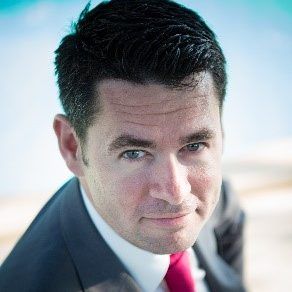
Chairman and Scientific Director of the Joint European Disruptive Initiative (JEDI) and 2013 European Young Leader (EYL40)
André Loesekrug-Pietri is an entrepreneur and has held leadership positions in private equity, government and industry. He is currently the Chairman of JEDI, which aims to accelerate Europe’s leadership by financing and nurturing the development of breakthrough technologies. He previously served as a special advisor to the French Minister of Defence, where he was responsible for European defence policy, as well as technology and innovation, prior to which he has 15 years of experience in private equity and venture capital. Loesekrug-Pietri is a lecturer at Sciences Po and a regular columnist at several international media outlets. Having studied aerospace engineering, he is also a private pilot and Colonel with the French Air Force People’s Reserve.
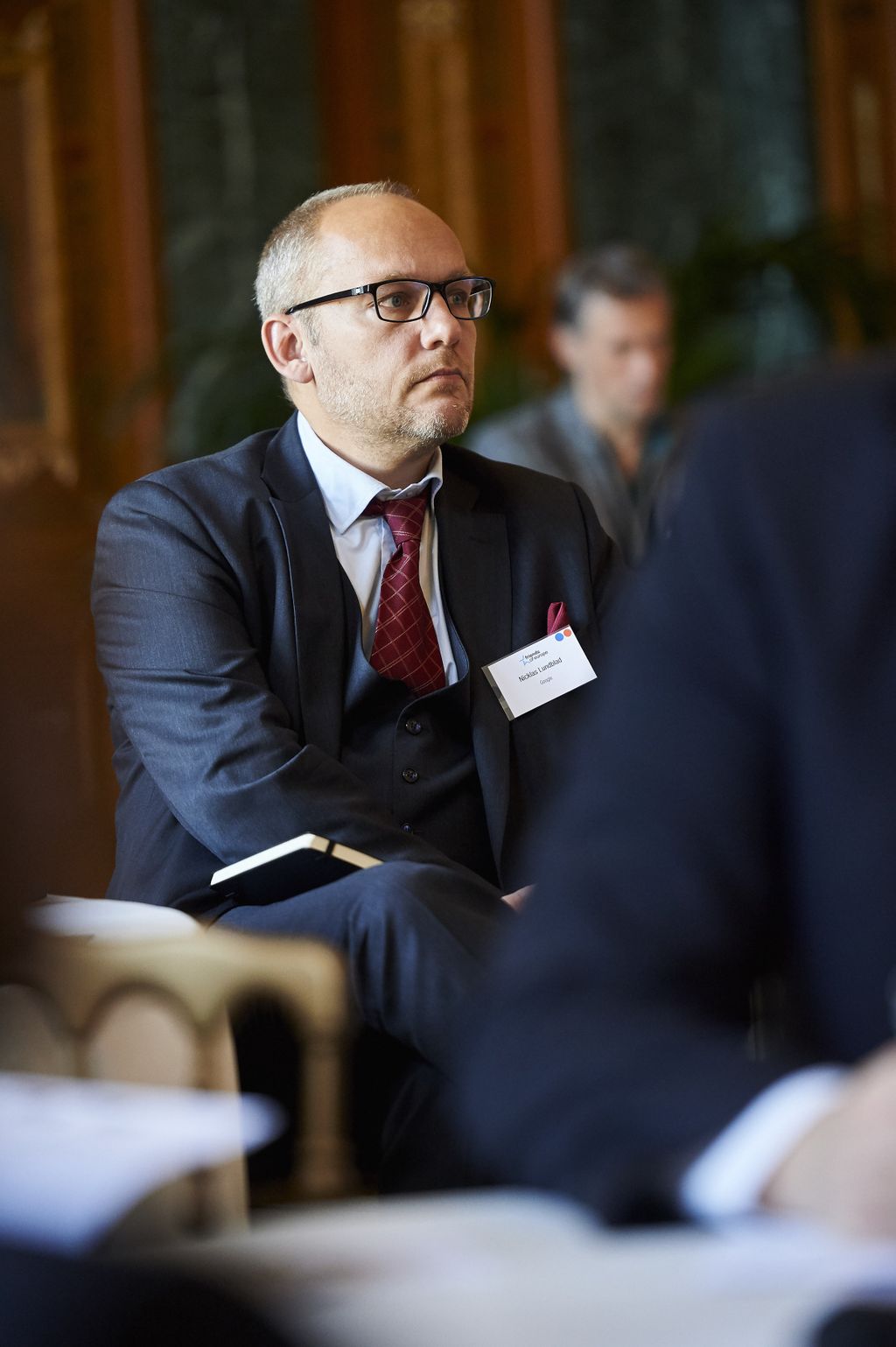
Senior Director and Head of EMEA Public Policy at Google, Adjunct Professor of Innovation at the KTH Royal Institute of Technology and Author of three books on information technology
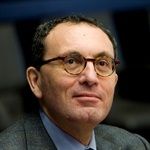
Special Advisor to the European Commissioner for Economic Affairs and AVSI Board Member
With over 30 years of experience in the European Commission, Stefano Manservisi has covered a wide range of topics. Prior to his current position, he served as European Commission Director-General for International Cooperation and Development (DEVCO) and Head of Cabinet for European Commission Vice-President Mogherini, former Commission President Prodi and former Commissioner Monti. He also acted as Director-General for Migration and Home Affairs (HOME) and was Head of the Delegation of the EU to Turkey. In the past, Manservisi has been a visiting professor at the College of Europe, University of Roma III and the University of Bologna.

Founder of Friends of Europe
Giles Merritt is the Founder of Friends of Europe, and was its Secretary General between 1999 and 2015, and its Chairman between 2016 and 2020.
A former Financial Times Brussels Correspondent, Giles Merritt is a journalist, author and broadcaster who has for over four decades specialised in European public policy questions. In 2010 he was named by the Financial Times as one of its 30 most influential “Eurostars”, together with the European Commission’s President and NATO’s Secretary General.
Giles Merritt joined the Financial Times in 1968, and from 1972 until 1983 he was successively FT correspondent in Paris, Dublin/Belfast, and Brussels. From 1984 to 2010 he was a columnist for the International Herald Tribune (IHT), where his Op-Ed page articles ranged widely across EU political and economic issues.
In 1982 he published “World Out of Work”, an award-winning study of unemployment in industrialised countries. In 1991, his second book “The Challenge of Freedom” about the difficulties facing post-communist Eastern Europe was published in four languages. His book “Slippery Slope: Europe’s Troubled Future” (Oxford University Press 2016), was shortlisted for the European Book Prize.
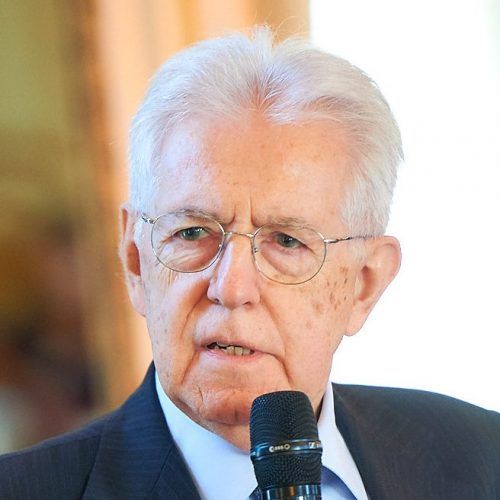
Former Italian prime minister and Trustee of Friends of Europe
A distinguished economist, Mario Monti has cemented his reputation as a committed supporter of the single currency and a talented negotiator leading a government of technocrats in the wake of the Italian debt crisis in late 2011. Most recently, he chaired the High-Level Group on Own Resources, a consultative committee of the European Union, aimed at proposing new forms of revenue for the European Union’s budget, which resulted in the final report “Future Financing of the EU”, arguing for new tax sources.
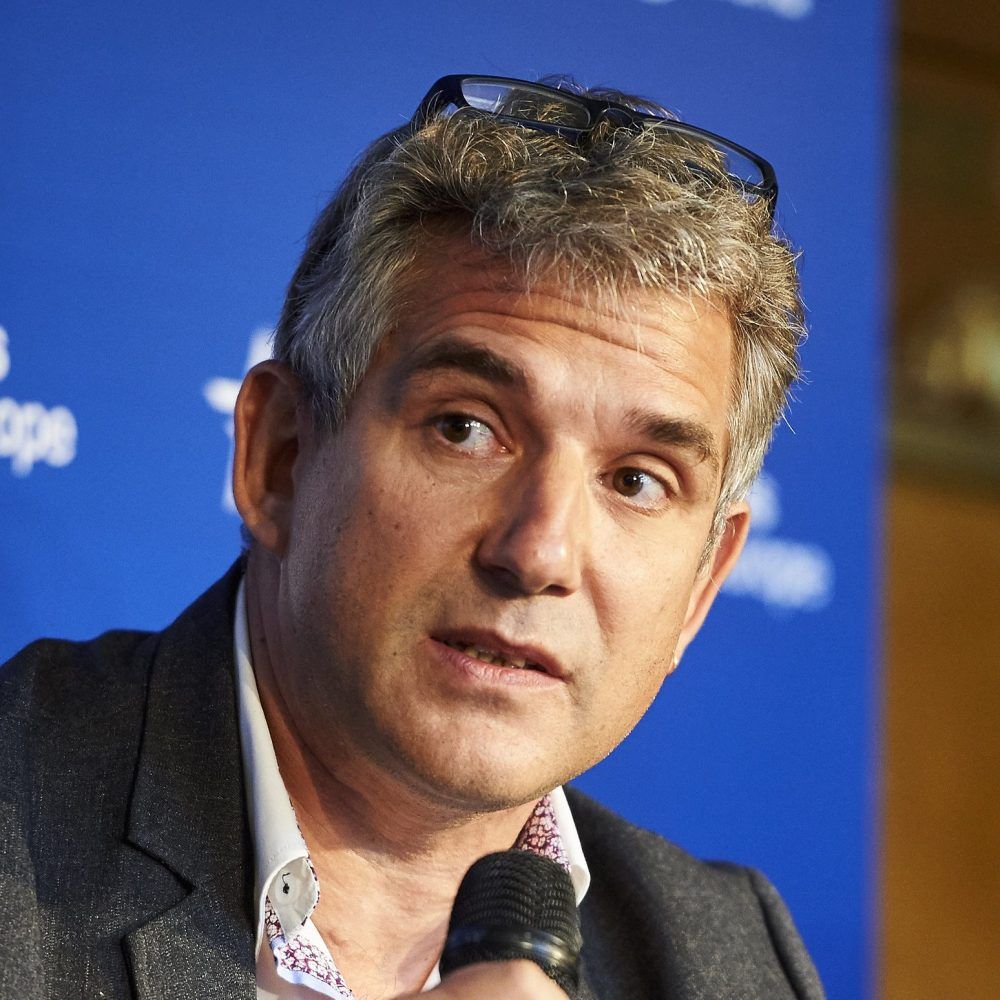
Secretary General of Médecins Sans Frontières (MSF)
Having joined Médecins sans Frontières over 20 years ago, Jérôme Oberreit has worked in Kenya, Sierra Leone, Somalia and Palestinian territories, and subsequently in Brussels where he has been managing medical–humanitarian activities over the past decade. Oberreit has developed particular expertise in working in conflict settings and in managing HIV programmes. In his current role, he worked on many migration-related issues such as a relevant and cohesive response to the 2014 Ebola West African epidemic and on supporting strong public positioning linked to the protection of the medical mission and people on the move.
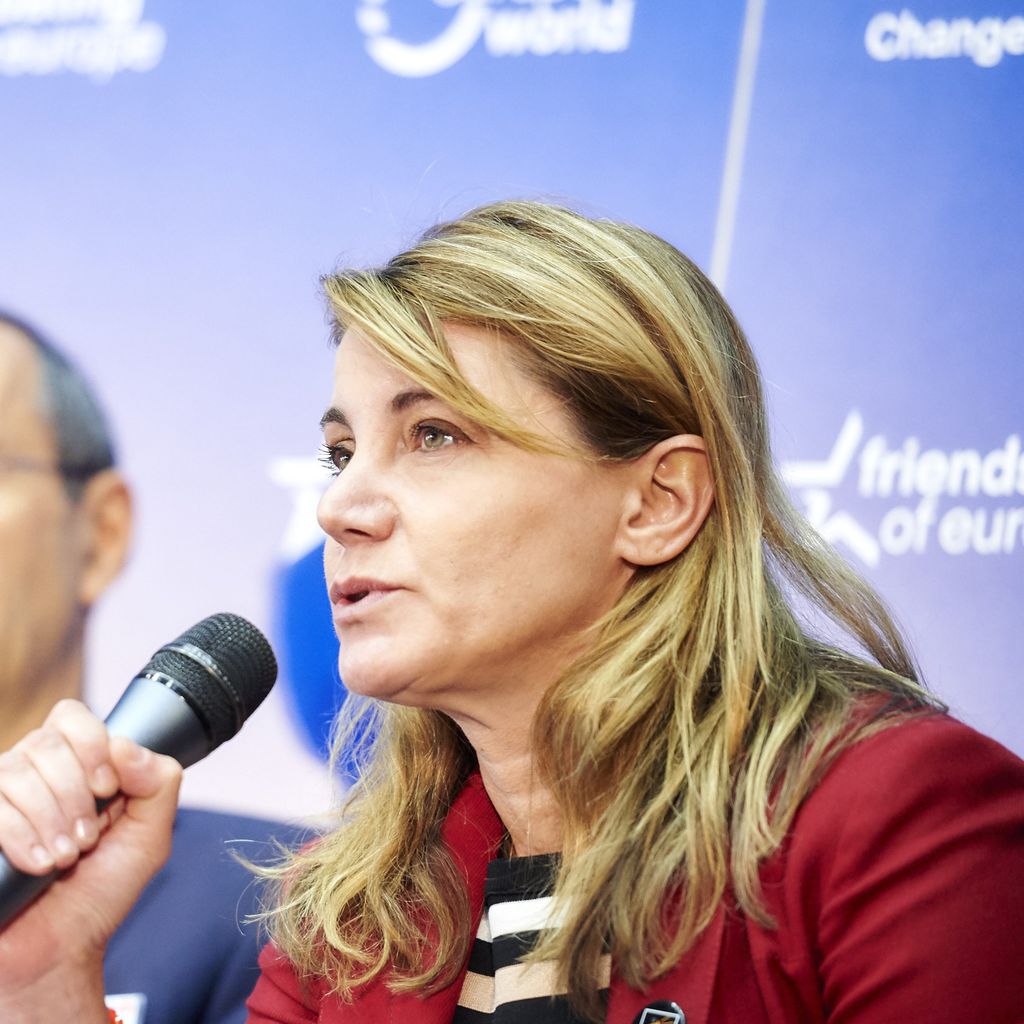
Journalist, Film Director of ‘The Great European Disaster Movie’ and Founder and Director of The Wake Up Foundation
Annalisa Piras is an award-winning Italian director, producer and journalist based in London. Her latest documentary, ‘Europe at Sea’, has gained exclusive access for the first time to the work of the EU High Representative for Foreign and Security Policy at a pivotal moment in time, when Europe is confronted by a changing geopolitical landscape and pressing migration and security challenges. Piras’s prior award-winning documentaries include ‘The Great European Disaster Movie’ (2015) and ‘Girlfriend in a Coma’ (2012).
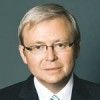
President of the Asian Society Policy Institute (ASPI) and Prime Minister of Australia (2007-2010, 2013)
As former Prime Minister of Australia, Kevin is internationally recognised as one of the founders of the G20. In 2015, he joined the Asia Society Policy Institute (ASPI), an organisation dedicated to assist businesses and governments in resolving policy challenges in the Asia-Pacific region. In his recent report entitled “UN 2030: Rebuilding order in a fragmenting world”, Kevin provides his personal views, based on his background as Prime Minister, on the world situation and suggests how the UN can adapt to cope with the rapid pace of change.
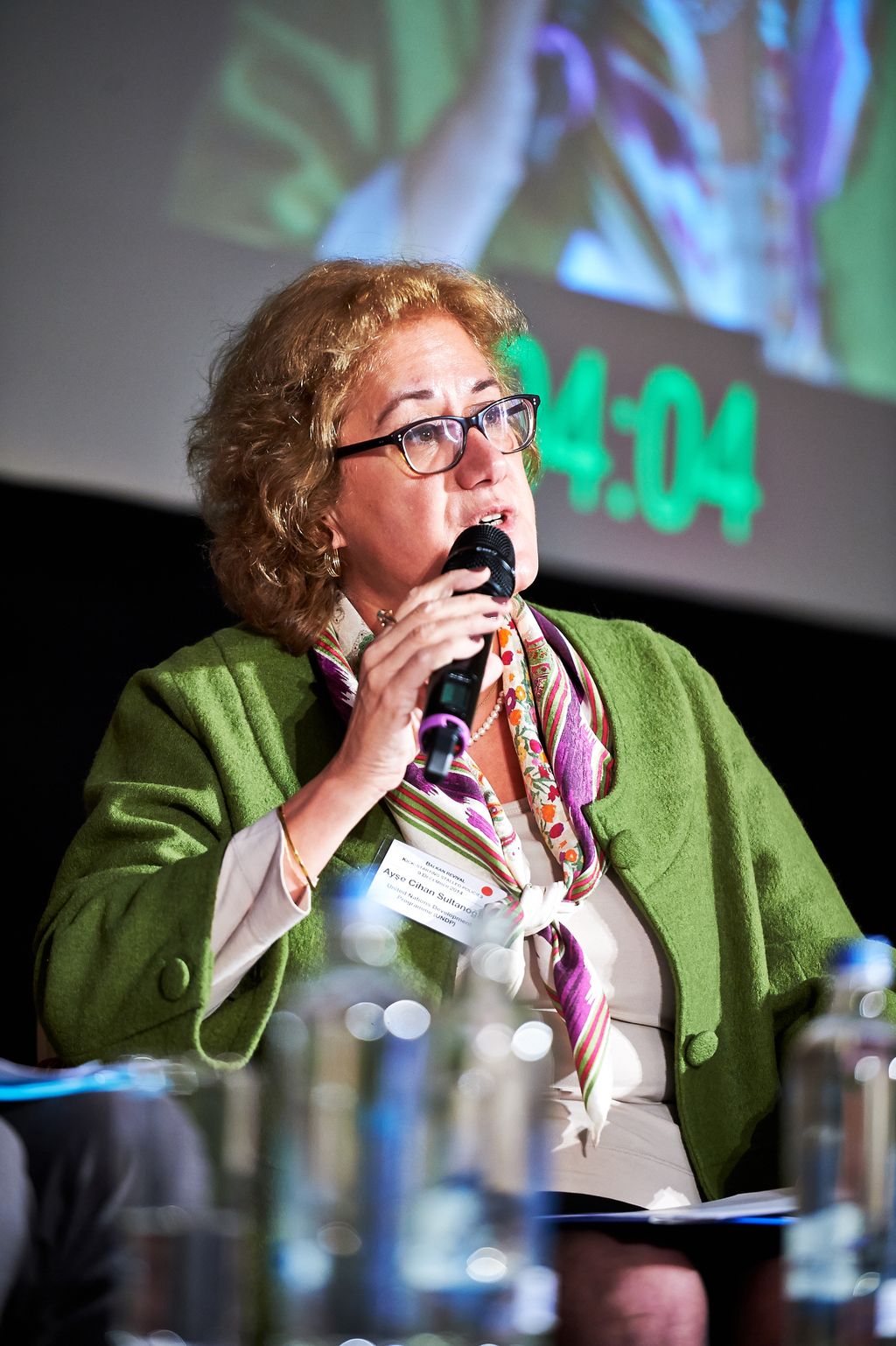
UN Assistant Secretary General and UNDP Director for Europe
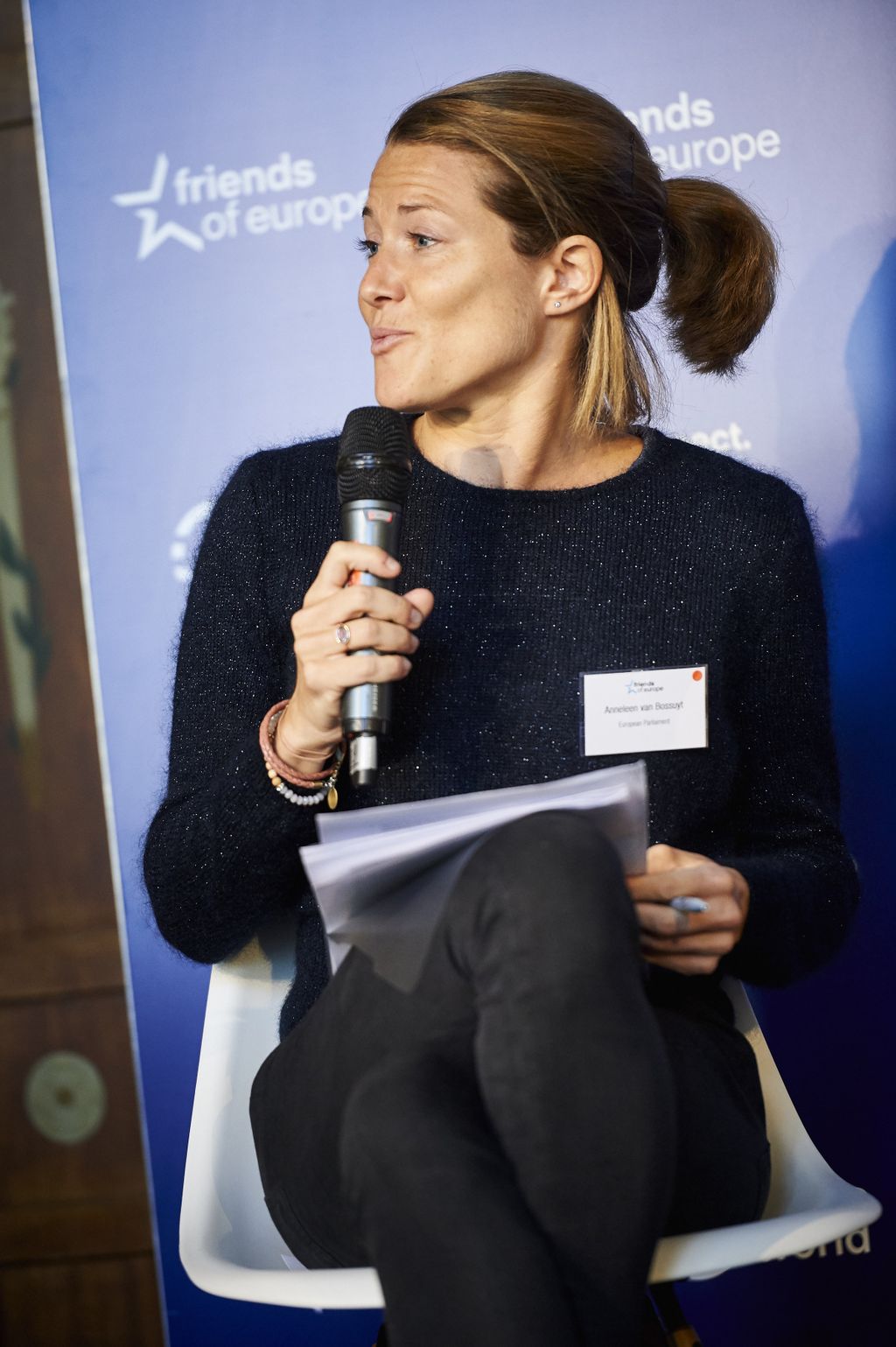
Member of the European Parliament and of the New Flemish Alliance (N-VA)
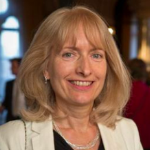
Associate Fellow at Friends of Europe
Dr. Kirsty Hughes is an Associate Fellow at Friends of Europe. She has worked at a number of leading European think tanks and has published extensively on European and international politics including books, reports and as a journalist. She was also a senior political adviser in the European Commission, head of advocacy for Oxfam, and CEO at Index on Censorship.
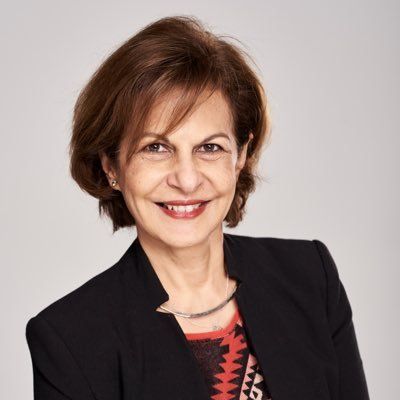
Managing Director at New Horizons Project
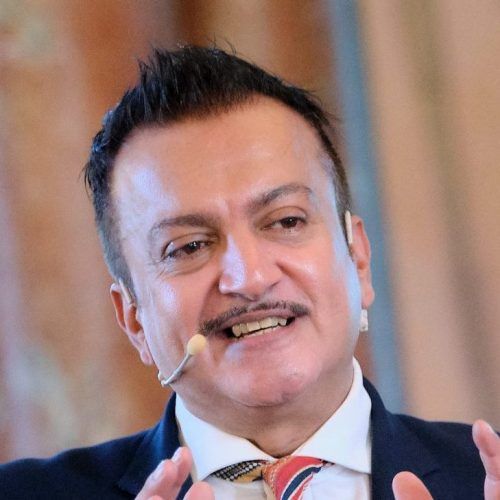
Chief Operating Officer and Chief Spokesperson of Friends of Europe
Prior to joining Friends of Europe, Dharmendra Kanani was director of policy at the European Foundation Centre (EFC). He was the England director at the Big Lottery Fund, the largest independent funder in the UK and fourth largest in the world. Dharmendra has held senior positions in the public and voluntary sectors and advisor to numerous ministerial policy initiatives across the UK.
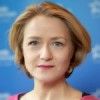
Former Deputy Director for Security and Geopolitics at Friends of Europe and Vice-President of WIIS - Women in International Security, Brussels
Pauline Massart leads Friends of Europe’s Peace, Security and Defence pillar, developing the work programme, projects and partnerships on global peace, security and defence issues. She has spearheaded projects such as the think-tank’s global cyber-scorecard and Friends of Europe’s global online brainstorm which gathers thousands of security experts from across the globe. Massart is also Vice-President for Operations and Outreach of WIIS – Women in International Security Brussels.

Facilitator
Tamsin Rose is a facilitator who was until recently a senior fellow for health at Friends of Europe. Having studied international relations, she has 25 years of experience working across the European continent from Ireland to Mongolia. A natural communicator, Tamsin has been a radio reporter, worked on press for the EU Delegation in Moscow and is currently a member of the external speaker team for the European Commission Directorate-General for Communication, describing how the EU works and key policies to visitor groups from around the world. Since 2002, she has specialised in public health and public participation issues, serving as the Secretary General of the European Public Health Alliance (EPHA), and providing strategic advice for health groups on how to engage successfully with the EU.
Partners
Coorganized with



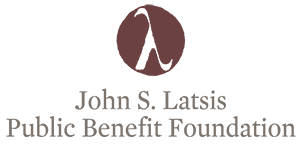

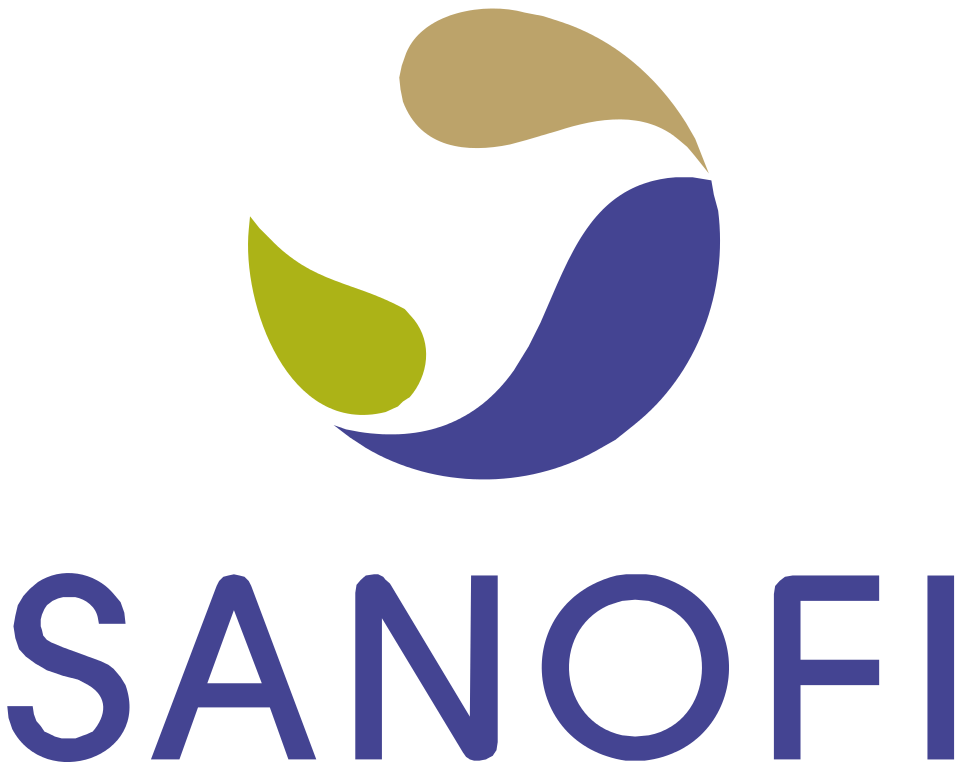

Continue
the debate on
- Debating Europe
